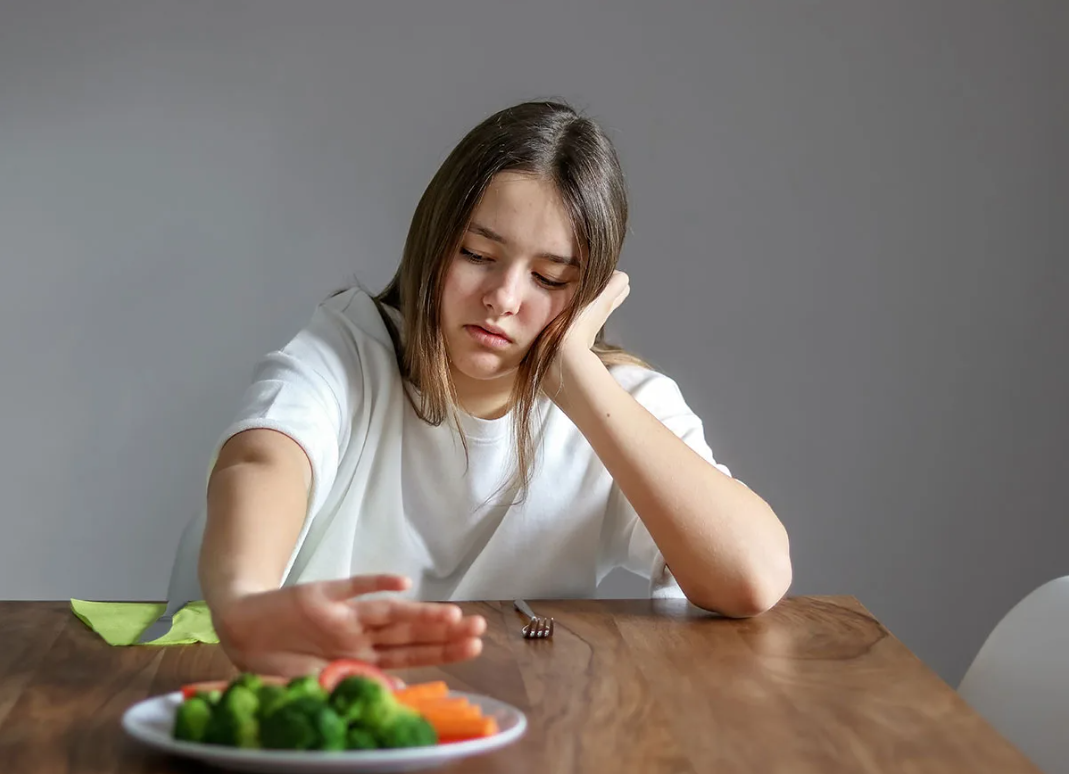The Biggest Weight Loss Myths (and the Truth Behind Them)
Advertisements

What do you think is the hardest part of losing weight? Some people think that the hardest part is counting calories or sticking to some strange new diet. In reality, the hardest part of losing weight is that much of the advice surrounding this topic is completely wrong!
The world is full of weird weight-loss myths, and if you believe these myths to be true, you probably won’t lose much (or any) weight. And in some cases, you might even be putting your health in danger.
What are the biggest weight loss myths, then, and what is the truth behind them? Keep reading to discover the answers!
Certain foods boost your metabolism

It’s an open secret that our metabolism slows down as we age. This is why nobody can pack away food like they did when they were a teenager (not without seriously expanding their waistline, at least). Unsurprisingly, then, there is a lot of weight-loss advice floating around about eating or drinking certain things that are supposed to boost your metabolism.
Various people have claimed that coffee, tea, and spicy food boost metabolism. And the the Master Cleanse Diet even has people drinking water with lemon juice and cayenne pepper in an effort to improve metabolism. Unfortunately, there is no real scientific or medical consensus about any of these foods increasing metabolism. And those who really do want a better metabolism can only achieve it via the old-fashioned way: strength-building exercises and resistance exercises.
RELATED: 13 Snap Weight Loss TikTok Videos That Went Viral
Crash diets are effective

It’s not uncommon for people to engage in a crash diet ahead of some special event. For example, someone might engage in a crash diet ahead of their wedding. But here’s the thing you need to know about crash diets: they work…right up until they don’t.
A crash diet can help you lose weight in the short term, so if you really just need to shed pounds temporarily, it could work for you. However, crash dieting actually causes your body to slow its metabolism down, so by the time you go back to regular eating, you’re likely to put on all the pounds you previously lost. And you might just end up weighing more than you did before due to the slowed metabolism.
The fat-free diet works

One reason why there are so many weight-loss myths out there is the confusing vocabulary surrounding the subject. For example, the average person understands that many types of fat are bad for them and should be avoided when possible. But it didn’t take long for these to lead to the widespread belief that anything labeled “fat” is bad for you and should be avoided.
In reality, the fats you should avoid when possible are saturated fats, unsaturated fats, and trans fats. But your body still needs certain kinds of “good” fats, which include monounsaturated fats (the kind you find in most nuts) and polyunsaturated fats (such as omega-3 fatty acids). By reducing the bad fats and increasing the good ones in your diet, you can lose pounds and become healthier than ever.
RELATED: This Diet Remains One Of The Worst, But Women Still Follow It
The alkaline-only diet is good for you

One of the newest fad diets is the alkaline-only diet. Many celebrities have been promoting this diet, and the idea behind it is that eating only alkaline foods can help to reduce the acidity in your body. By changing our pH level like this, proponents of this diet claim we can stave off things like bloating and weight gain.
The blunt reality, though, is that there is no way to change your body’s pH level by eating certain foods. At most, such a diet may change the acidity of your urine, which doesn’t exactly help you lose those unwanted pounds. You’re better off just finding a balanced diet that works for you and your needs.
All carbs are bad

Since the ‘90s, many fad diets have emphasized reducing or eliminating carbs. And it’s true that cutting many of the carbs out of your daily diet can help you to lose weight. However, the sheer popularity of these carb-free diets eventually led to the myth that all carbs are bad for you.
In reality, your body actually needs carbs because they help provide the energy you need. And if you never eat carbs, your body might start breaking down your muscles, weakening your body even as it makes you potentially gain weight. The secret, then, is to avoid the carbs found in things like processed foods and focus on strategically using better carbs to ward off hunger (ultimately helping you reduce your caloric intake).
RELATED: Shocking Ways Fast Food Makes You Gain Weight
Gluten-free helps you shed pounds

Those with gluten allergies are really having a moment. There are now more gluten-free food options available in grocery stores and restaurants all around the world. However, somewhere along the way, this led to the odd myth that a gluten-free diet can help you to lose weight.
However, there is no definitive study or scientific proof that a gluten-free diet could help you shed pounds. In fact, such a diet could possibly add weight because a great many gluten substitutes have more calories in them than the original ingredient. So unless you have a genuine gluten allergy, we recommend you skip the gluten-free diet.
Eating less automatically helps you lose weight

For the most part, weight loss is just a matter of math. So long as you burn more calories than you consume, you should lose weight. Because of this, though, many people encourage others to skip meals (which is a part of practices such as intermittent fasting) in order to lose weight.
In reality, though, this approach doesn’t always work because if you skip a meal or two, you are likelier to pig out when you finally sit down to eat. You’re actually far better off doing some meal planning and eating several smaller meals throughout the day. This means that you never get too hungry, but you can still burn more calories than you consume.
